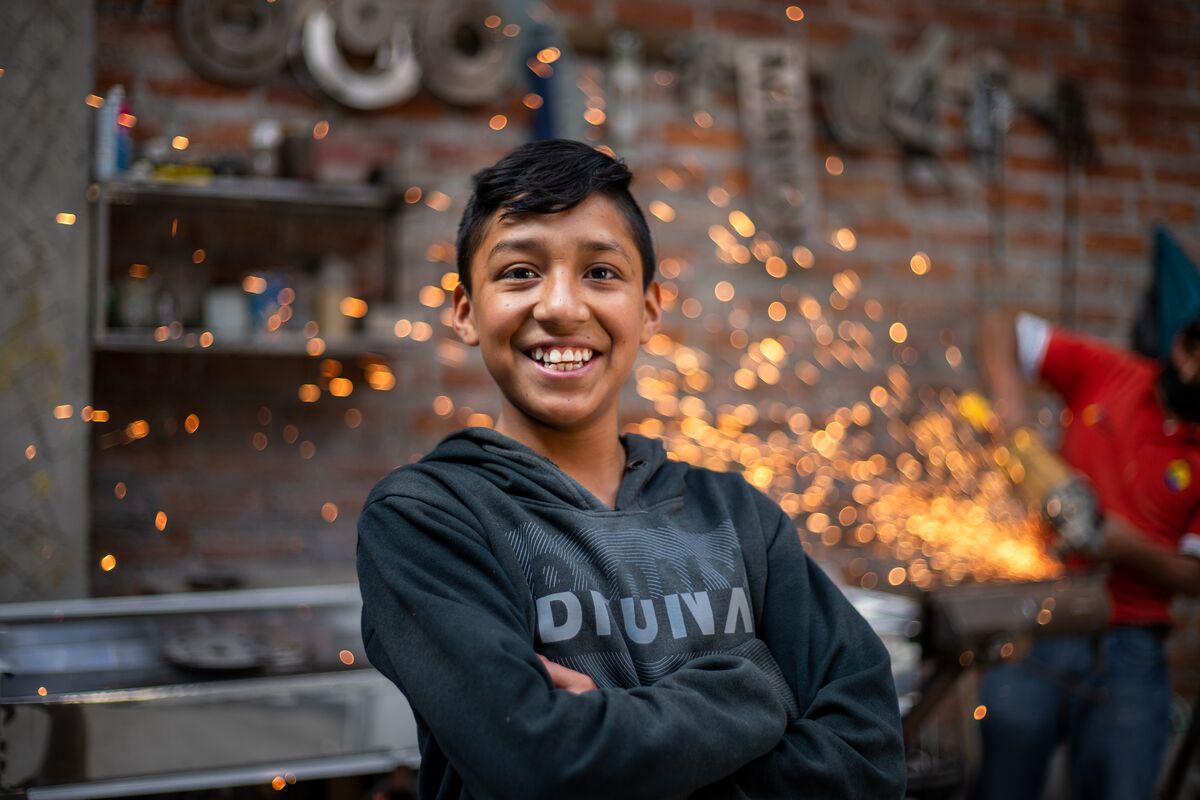Official Country Name: Republic of Ecuador
Capital City: Quito
Population: More than 18 million
Official Languages: Spanish, Quechua
Life expectancy: Male 70 years, female 77 years
Population with access to safe drinking water: 67%
Infant mortality rate: 11 deaths / 1,000 live births
Percentage of children under the age of 5 underweight: 5.2%
Adult literacy rate: Male 95%, female 94%
Religion: Approximately 74.8% of the population are Roman Catholic, 15.2% are Protestant, 10% are of another/unspecified religion or none.
Percentage living on less than $2.15 a day: 3.6%
Source: World Bank and International Religious Freedom Report, released in 2022 by the Office of International Religious Freedom, U.S. Department of State
The Inca Empire extended into Ecuador during the 15th century, only 50 years before Spanish arrival. The Incans introduced new crops (sweet potato, peanuts, and cocoa), along with a highly organised farming society and extensive road systems. The Incans and Spanish fought for control of Ecuador, until the Spanish eventually won.
Ecuador gained independence from Spain in 1822 as part of Grand Colombia (present day Panama, Colombia, and Venezuela). Ecuador withdrew to become an independent country in 1830. Since gaining independence in 1830, Ecuador has undergone nearly 100 changes in government and 20 constitutions.
Art
Ecuador's traditional art includes sculptures and indigenous handicrafts.
Music
Ecuador is known for a style of music called "Andean Blues," which addresses issues of social justice and poverty in a melodic and beautiful way.
Language
Even though the principal language in Ecuador is Spanish, Quechua is the native language of Ecuador's indigenous people who live in the highlands, the jungle, and some parts of the coast. Spanish: Bienvenidos (Welcome), ¿Cómo estás? (How are you?), Chao/ Hasta luego (Goodbye) Quichua: Alli shamushca kapaichi (Welcome), Imanalla? (How are you?), Kayacama (Goodbye)
Sports and Games
Many Ecuadorians enjoy football, volleyball, tennis, and swimming. In addition, chess, weight lifting, and athletics are also popular sports.
Typical Foods
In Ecuador, dishes are generally not heavily spiced and instead are seasoned only with salt and pepper. Llapingachos are mashed potatoes stuffed with cheese, fritada is fried pork with avocado and corn, and cuy is guinea pig, eaten by indigenous groups in Ecuador.
The school year typically runs from September to July in Ecuador’s mountainous region and from May to February near the coast. Even though students are required to attend school from the age of six until they are 18, public education simply isn’t available in many areas, especially remote rural communities.
There are various universities in the main cities of Ecuador, including the Catholic University of Quito, the State University of Guayaquil, and the State University of Cuenca. In recent years, more educational centres and universities have been opened across the country. However, only one % of children from rural areas can access them and only five % of those in urban areas attend universities.
Source: UNICEF
Approximately 74.8% of the population are Roman Catholic, 15.2% are Protestant, 10% are of another/unspecified religion or none.
The Roman Catholic Church has significant influence in Ecuadorian society, even in political decisions. However, the constitution guarantees everyone the right to practice their chosen faith freely.
Missionary activities and religious events can take place publicly and there are no restrictions on the publishing of religious materials. In public schools, religious education is not permitted, but private schools are free to provide the religious education providing it complies with the Ministry of Education standards.
Some groups, particularly those in the Amazon region, combine indigenous beliefs with Catholicism or Protestantism. Pentecostals draw much of their membership from indigenous persons in the highland provinces.
Statistics from the 2022 Report on International Religious Freedom: Ecuador, from the Office of International Religious Freedom, U.S. Department of State
